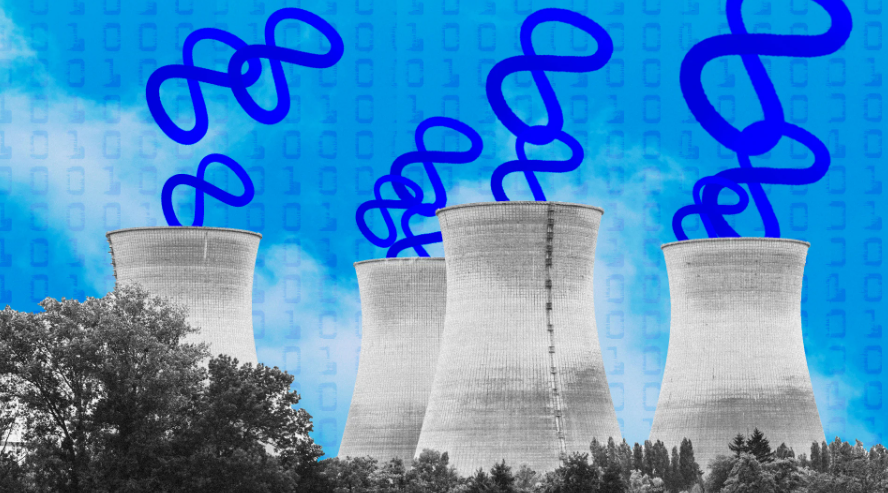Dear valued client,
Markets moved higher this week as the Bank of Canada maintained its interest rate at 2.75% for the second consecutive time, citing heightened uncertainty from U.S. trade policies, particularly new 50% duties on steel and aluminum imports, and rising inflation pressures. Governor Tiff Macklem highlighted the unpredictability of global trade disruptions, which could increase prices and hinder economic growth, complicating monetary policy decisions. The Bank anticipates a weaker second quarter and will assess new inflation and jobs data before its next decision on July 30, with markets estimating a 44% chance of a rate cut and analysts predicting possible reductions to 2% by early 2026.
Increased U.S. tariffs on aluminum and steel (50%) took effect on Wednesday this week. Canada, the largest supplier of these metals to the U.S., faces what its steel industry calls a “catastrophic” blow. Prime Minister Mark Carney has so far been unable to ease trade tensions. The European Commission expressed frustration, noting the tariff hike undermines trade resolution efforts, and vowed countermeasures. S&P Global analysts warn the tariffs could disrupt supply chains, raise production costs for manufacturers like automakers, and increase consumer prices, with no quick or cost-effective domestic solutions available to meet demand.
Meta is aggressively advancing its AI and energy strategies, aiming to revolutionize digital advertising and secure sustainable power for its data centers. By next year, Meta plans to enable brands, particularly those with smaller budgets, to create entire ad campaigns from scratch using AI tools, generating personalized ads based on user geolocation, such as displaying products in urban or rural settings tailored to the viewer. This push aligns with Meta’s reliance on advertising, which drove 97% of its 2024 revenue, though skepticism persists among ad executives, and a $7 billion lawsuit accuses Meta of inflating ad reach by 400%. Simultaneously, Meta signed a 20-year deal with Constellation Energy, the largest U.S. nuclear power operator, to supply electricity to local grids, supporting Meta’s decarbonization goals amid AI-driven energy demands. This agreement ensures the continued operation of an Illinois nuclear plant beyond 2027, boosting its output by 30 megawatts, as part of a broader tech industry trend toward nuclear energy to power data centers sustainably.
The second round of peace talks between Ukraine and Russia, held in Istanbul, yielded no breakthrough as Russia maintained its demands for Ukrainian territory, neutrality, and regime change, while Kyiv prioritized a ceasefire, prisoner swap, and the return of abducted children. Tensions escalated after a Ukrainian drone strike reportedly destroyed a third of Russia’s strategic bombers, prompting President Putin to vow retaliation, according to President Trump, who discussed the issue with Putin in a call described as unproductive for immediate peace. The conflict remains unresolved with no clear path to compromise at this time.
“The only countries that have successfully moved from fossil fuels to low-carbon power have done so with the help of nuclear energy.” – Michael Shellenberger
Have a great weekend,
PW



